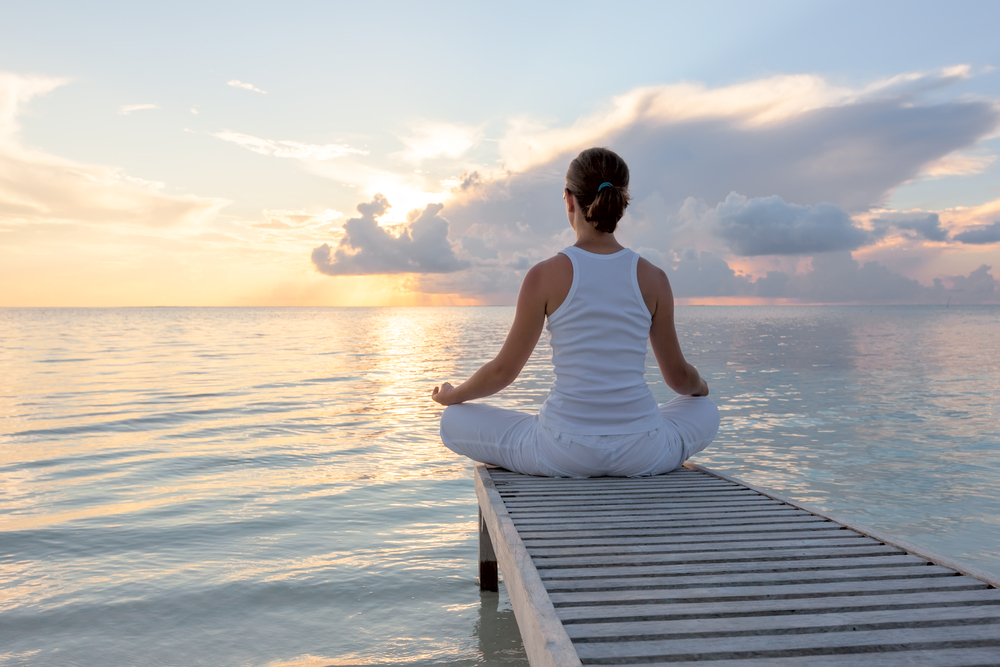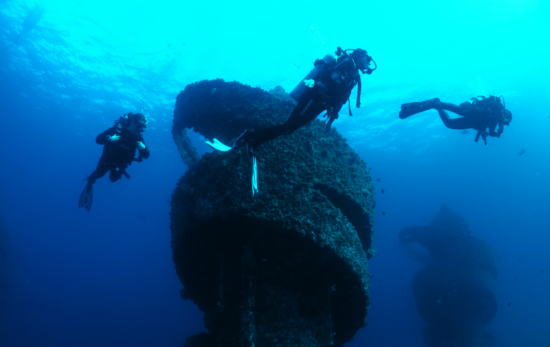Did you know that the ocean air can literally lift your mood? “The sound and vision of the ocean lift our mood,” says consultant psychiatrist Dr Arghya Sarkhel. “The touch of sand and the smell of a seaside breeze leads to relaxation. On a biological level, this audio-visual stimulus incites our parasympathetic nervous system—that activates ‘rest and digest’, as opposed to ‘fight or flight’,” he says. Now scientists are quantifying the positive cognitive and physical effects of water and the improved sense of physical health and well-being.
Wallace J. Nichols, a marine biologist, has done extensive research on the ocean’s unique ability to induce a state of what he calls the “Blue Mind” in human beings. Blue Mind is a mildly meditative state characterized by calmness, peacefulness, unity, and a sense of general happiness and satisfaction with life in the moment. Nichols states that our brains are hardwired to react positively to water and that being near it can calm and connect us, increase innovation and insight, and heal us on a deep level.
Equally diving into the therapeutic benefits that diving can provide is Jeffery Puncher, Director for the Faculty of Medicine at the University of Ottowa. He is currently developing a virtual reality diving program to help his patients find relief from stress and anxiety using calming scenes of coral reefs and the swaying seas along with the soothing sounds of bubbles beneath the surface. This program is currently being used with medical students, residents and faculty, with the goal of growing it to be adopted nationwide to help also support the psychological health of first responders.
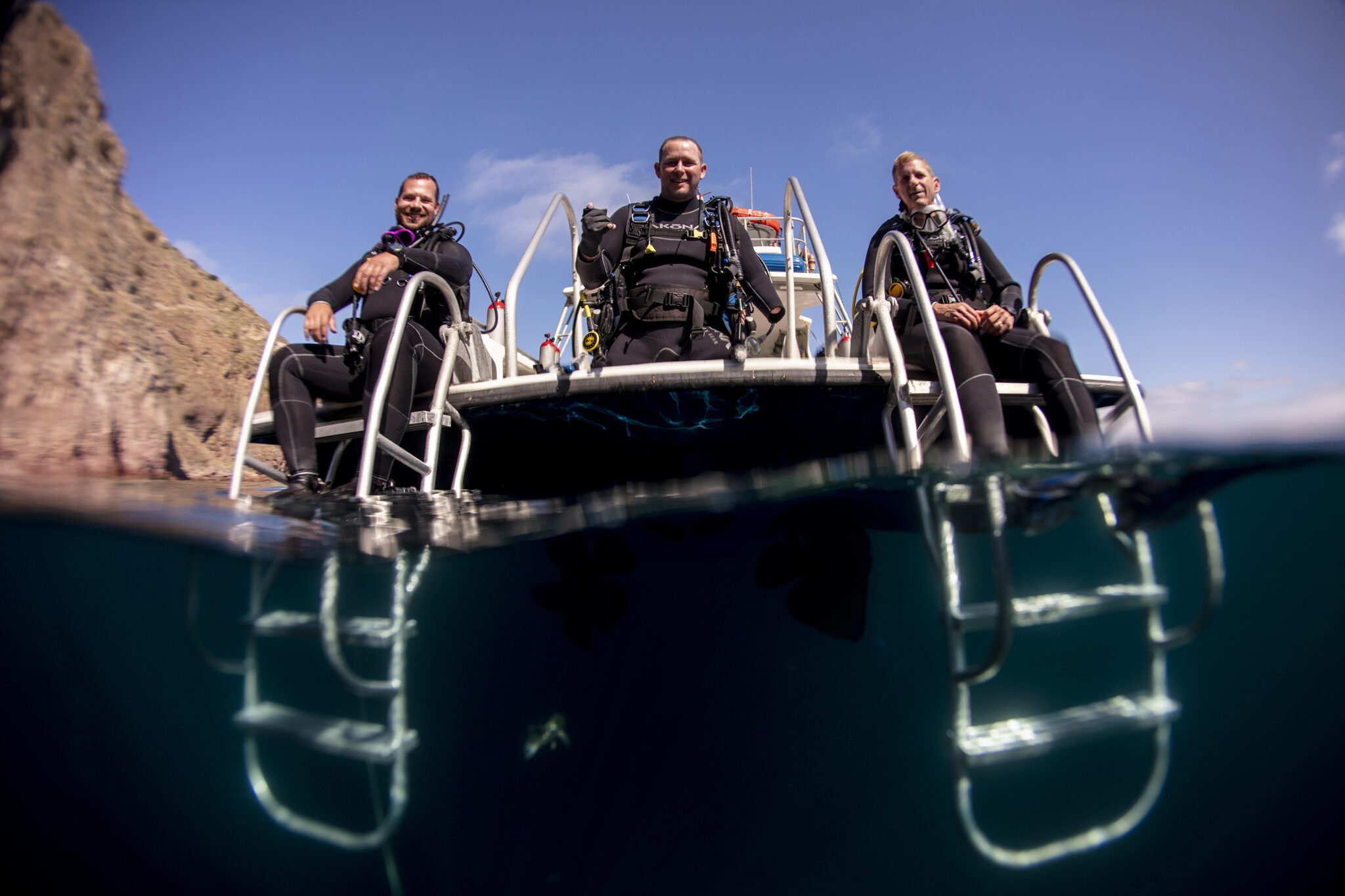
In 2018, PADI launched an Adaptive Techniques Course that teaches how to modify equipment configurations and develop a diver’s skills based on their needs, ensuring that regardless of physical or mental disability, everyone can find healing from water. Several scientific studies have been conducted over the past decade that quantify and prove the incredible benefits from scuba diving for those who are mentally and/or physically challenged.
All around the world PADI Professionals and Dive Centers are using adaptive techniques and the natural remedy of the ocean to help heal those in their local communities. Here are just a few examples of the exciting programs available.
1. Patriots Scuba – Virginia, USA
Patriot Scuba offers a robust adaptive diving training program that is specifically focused on helping injured veterans. The Virginia-based program has been operating as a non-profit called Patriots for Disabled Divers since 2013, having successfully trained hundreds of adaptive divers who have suffered traumatic brain injuries or amputations. These veterans benefit from both the psychological healing aspects diving provides as well as an activity that allows them to feel both a sense of adventure and purpose.
2. Scuba Diving for All – Ripon, United Kingdom
Scuba Diving for All has been a registered charity in Ripon for the past 17 years and provides tuition for scuba diving to those with special needs. The founders, Yvonne and Archie Covell wanted to make diving more accessible in their area and gift their students with the freedom of movement and feeling weightless. The program has been honored with the Queen’s Award for Voluntary Service with many students going on to complete their PADI Open Water Diver certification.
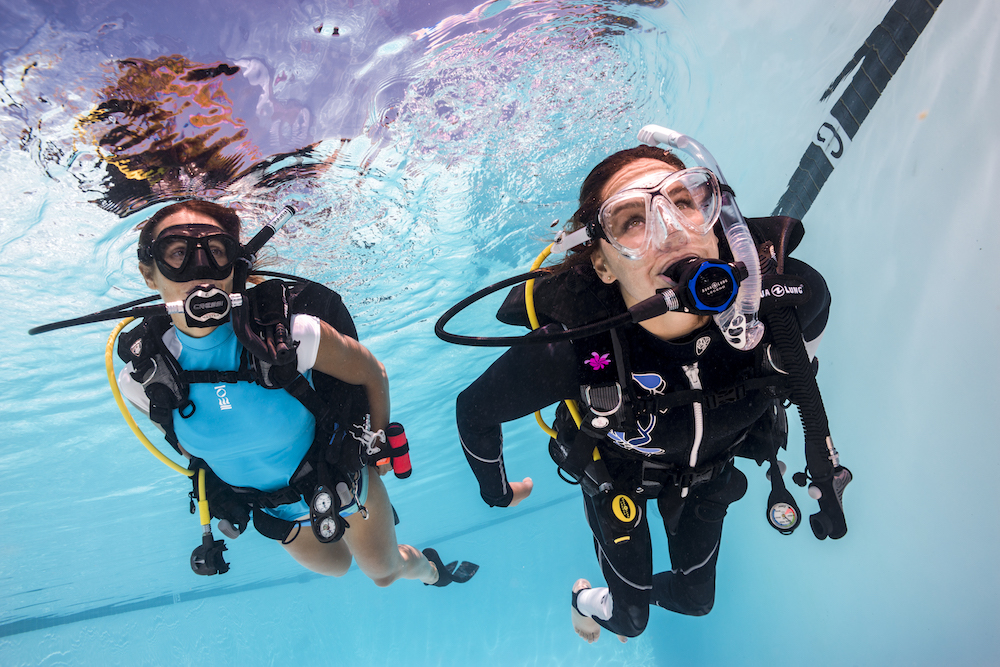
3. Eco Dive – Grenada, Caribbean
Eco Dive conducted an adaptive Freediver static apnea training session for Natasha and Rachel Lambert—known as the Sailing Sisters. Natasha is a disabled sailor who is showing that people of all abilities can explore and protect the ocean. Eco Dive wrapped up the training session with the sisters by doing a beach clean-up, showing that anyone can create ocean change and both explore and protect our blue planet.
4. Syed Abd Rahman and Ernest Teo – Malaysia
PADI IDC Staff Instructor Syed Abd Rahman and PADI Master Scuba Diver Trainer Ernest Teo have been committed to teaching diving to youth with disabilities for nearly three decades. They run Diveheart, a charity that is designed to give confidence to those with disabilities through adaptive diving and therapy–training medical professionals and rehabilitation physiotherapists how to help their patients heal in the water.
5. Surf Therapy – California + Australia
Carly Rogers, a Los Angeles lifeguard and graduate student at the University of Southern California, began developing an Ocean Therapy group that taught soldiers how to surf followed by group discussion. Since then more than 1000 soldiers have been treated in the ocean therapy program. In 2014, Rogers contributed to a study of the program published in the American Journal of Occupational Therapy, where of the 11 war veterans that completed the study, all reduced their symptoms of post-traumatic stress disorder (PTSD) and depression.
In Australia, Ocean Heroes in Western Australia uses surf therapy to help those living with autism. Ocean Mind provides surf therapy for young people experiencing mental health issues, isolation and disabilities in Victoria. Finally, Waves of Wellness in New South Wales runs surf therapy for people experiencing mental health issues.
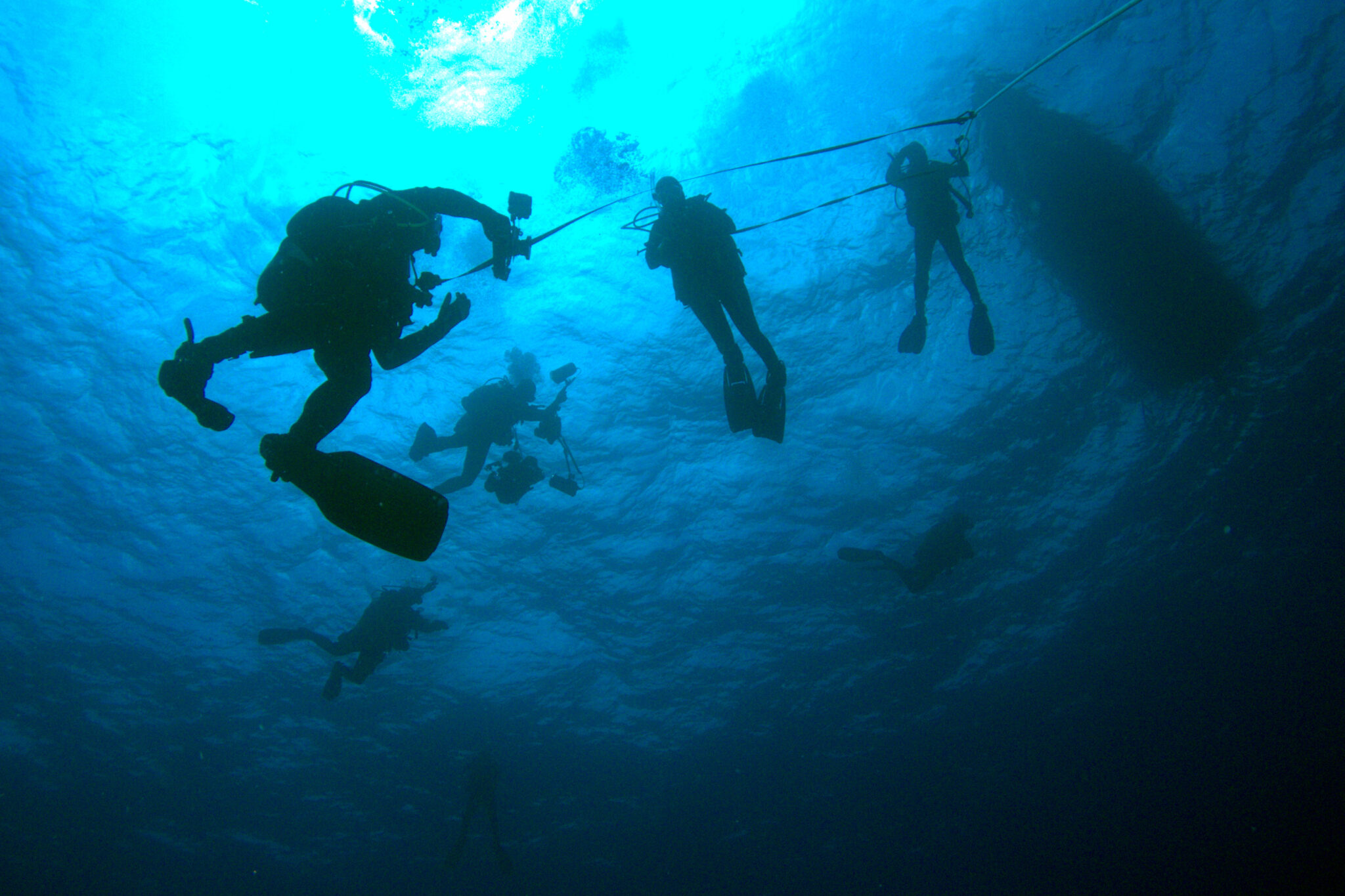
6. Carsten Schultz – Aalborg Dykkerskole, Norway
Carsten Schultz is making it his mission to help those who have lost their vision to heighten the sensations of their other senses and restore confidence by teaching them how to dive. As part of his disability program with Diving 360, he has officially certified those with visual impairments, amputations and multiple sclerosis as PADI Open Water Divers.
Ready to start exploring diving as therapy and experience Wellness Unfiltered? Get your PADI and start to #LiveUnfiltered.
